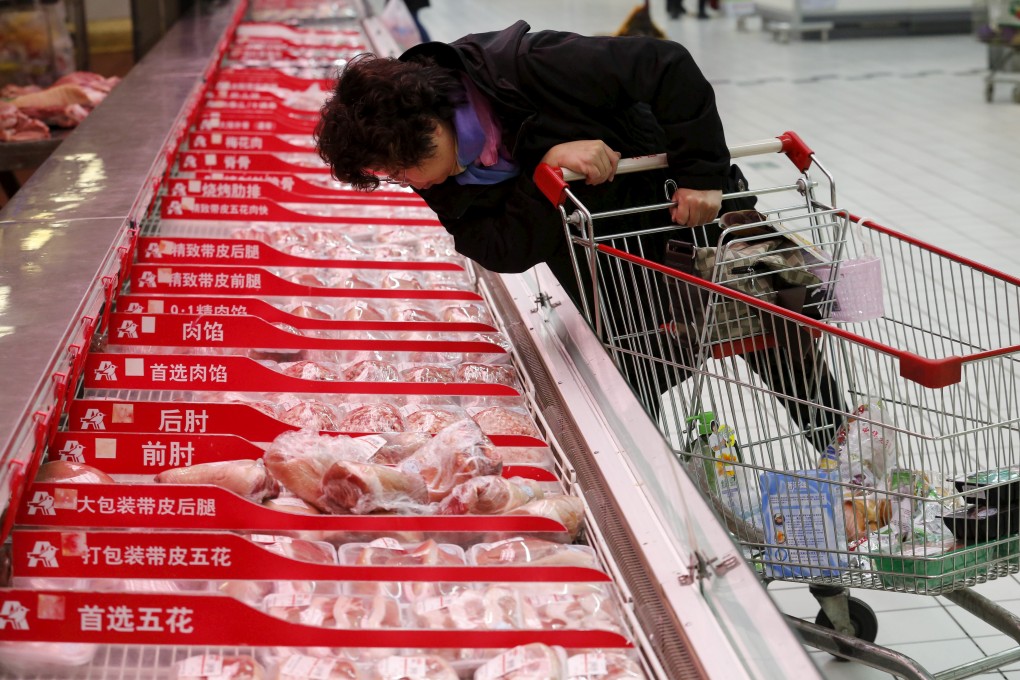More of China’s local governments, companies resort to coupons to boost flagging consumer spending
- Suning.com, Nanjing city hand out coupons worth millions
- Beijing calls on government heads, officials to lead local consumption

More local governments in mainland China are relying on coupons and public appearances by officials at shops and restaurants to boost consumption, which has been hit hard by the Covid-19 outbreak.
Over the weekend, Shenzhen-listed retailing giant Suning.com, which has e-commerce platforms as well as bricks-and-mortar stores, handed out coupons worth 500 million yuan (US$71.4 million) to boost shopping on its online and mobile platforms as well as about 200 Carrefour shops. It will give consumers as much as 500 yuan each to promote sales of home appliances, electronics, clothes and jewellery until month end.
Consumer spending has fallen during the epidemic and thus “proper management of demand is reasonable”, said Zhang Wenlang, analyst at Everbright Securities, who added that this was despite the outbreak’s impact being felt “mainly on the supply side”.
“Only when employment is ensured could we have more consumption,” said Xu Hongcai, deputy director of the Economic Policy Commission at the China Association of Policy Science, an organisation that advises the Chinese government.
Coupons could have a limited affect on consumption, but could push inflation up higher. “It might not lead to other local authorities flocking to issue similar policies, as cities like Nanjing are relatively rich, while almost all local governments’ fiscal conditions are hit” by an economic slowdown that has been exacerbated by the epidemic, he added.
The measures follow a guidance issued by 26 central government departments last week about increasing consumer spending, especially on tourism and culture. Meanwhile, Beijing has called on officials to lead local consumption. As a result, government heads in various jurisdictions, including Nanjing city, Shandong, Hunan, Guangdong and Hainan, have in recent weeks appeared in public and dined at restaurants and gone shopping. The Qinhuai district of Nanjing city, for example, required that district heads spend at least 100 yuan locally.